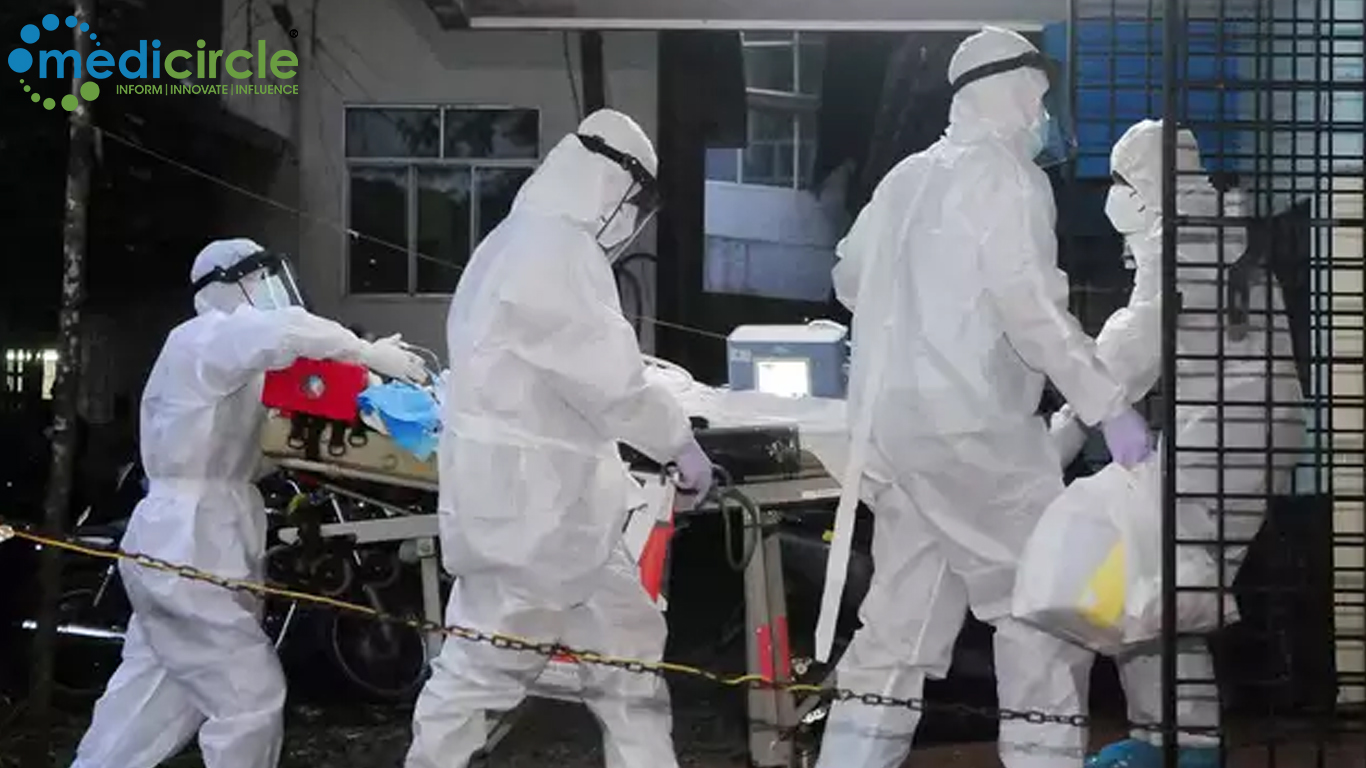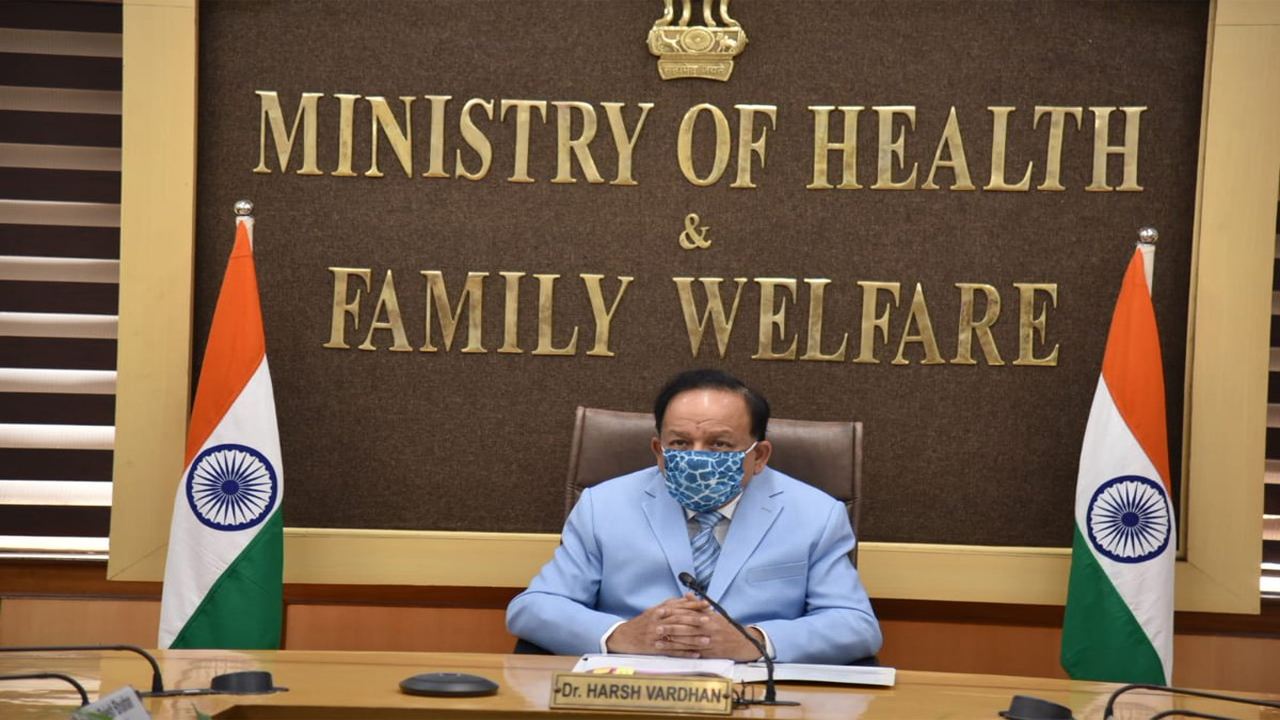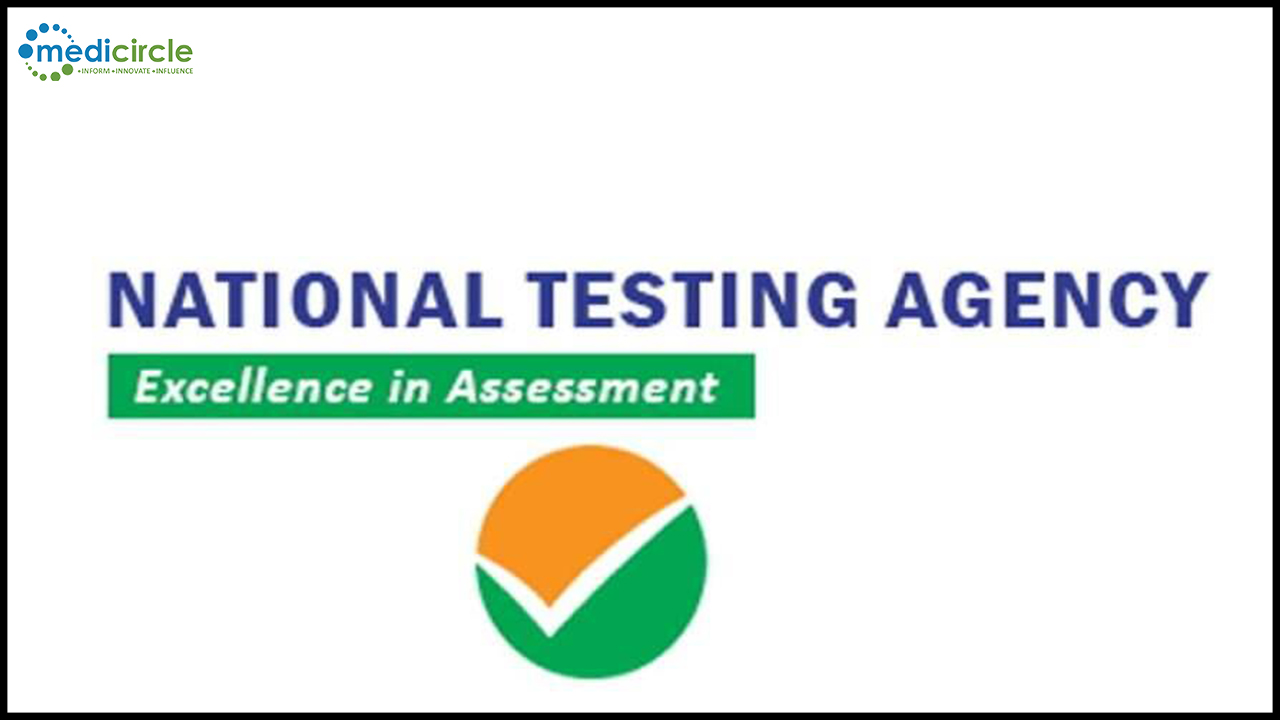A 14-year-old boy from Mallapuram district, Kerala, has tragically died from the Nipah virus. This has been confirmed by the National Institute of Virology (NIV) in Pune. The boy initially showed symptoms of Acute Encephalitis Syndrome (AES) and was admitted to a healthcare facility in Perinthalmanna. He was later transferred to a higher health center in Kozhikode, but despite medical efforts, he succumbed to the disease.
Following the confirmed case, the Centre has advised several urgent public health measures to control the spread of the Nipah virus. These measures include:
1. Active Case Search: Authorities are conducting an active search for additional cases in the boy’s family, neighborhood, and areas with similar topography.
2. Contact Tracing: All contacts from the past 12 days are being traced. Contacts will be placed under strict quarantine, and any suspected cases will be isolated.
3. Sample Collection and Testing: Samples from suspected cases are being collected and transported for laboratory testing.
To support the state, the Union Health Ministry’s National ‘One Health Mission’ will deploy a multi-member joint outbreak response team. This team will help investigate the case, identify epidemiological linkages, and provide technical assistance. Additionally, the Indian Council of Medical Research (ICMR) has sent monoclonal antibodies for patient management. However, due to the boy’s poor condition, these antibodies could not be used.
A mobile Biosafety Level-3 (BSL-3) laboratory has arrived in Kozhikode for testing additional samples from contacts. This lab will play a crucial role in identifying and isolating further cases of Nipah virus infection.
Kerala has faced Nipah virus outbreaks in the past, with the most recent one occurring in 2023 in the Kozhikode district. The virus is typically carried by fruit bats, which are the usual reservoir. Humans can become infected by accidentally consuming fruits contaminated by bat secretions.
What is Nipah Virus?
Nipah virus is a zoonotic virus, meaning it can be transmitted from animals to humans. It can also be transmitted through contaminated food or directly between people. The virus can cause severe respiratory illness and encephalitis, leading to high fatality rates.
Symptoms of Nipah Virus
- Fever
- Headache
- Drowsiness
- Disorientation
- Mental confusion
- Coma (in severe cases)
Preventive Measures
1. Avoid Consuming Contaminated Fruits: Ensure that fruits are properly washed and peeled before consumption.
2. Personal Hygiene: Maintain good personal hygiene, including regular hand washing.
3. Quarantine and Isolation: Follow quarantine guidelines and isolate suspected cases to prevent further spread.
Public awareness is crucial in controlling the spread of the Nipah virus. The community needs to be informed about the symptoms and preventive measures. Authorities should ensure that accurate information is disseminated to avoid panic and misinformation.
The death of the 14-year-old boy from Nipah virus is a tragic reminder of the ongoing health challenges posed by zoonotic diseases. The swift response by the Centre and state authorities highlights the importance of coordinated efforts in managing such outbreaks. Continuous public health vigilance, research, and awareness are essential in combating the Nipah virus and protecting public health.

 The death of the 14-year-old boy from Nipah virus is a tragic reminder of the ongoing health challenges posed by zoonotic diseases.
The death of the 14-year-old boy from Nipah virus is a tragic reminder of the ongoing health challenges posed by zoonotic diseases.






.jpg)










.jpeg)

.jpeg)










.jpg)




.jpg)

